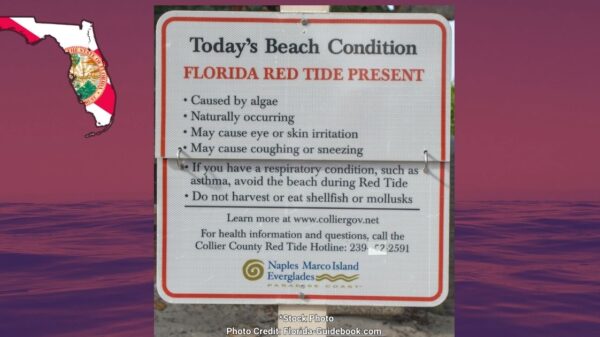U.S. Rep. Gus Bilirakis and U.S. Rep. Carolyn Maloney, D-NY, continue to champion the “Medicare Demonstration of Coverage for Low Vision Devices Act” which they have worked on in recent sessions.
Maloney reintroduced the bill last week with Bilirakis leading more than 25 co-sponsors including U.S. Rep. Darren Soto, D-Fla.
“This legislation would help vision-impaired Medicare beneficiaries live safe and independent lives by creating a five-year national demonstration project to evaluate the economic impact of allowing reimbursement for low vision devices, which are currently excluded from Medicare coverage,” Bilirakis’ office noted.
“As a visually impaired American, I have first-hand knowledge of the difficulties that accompany this condition. Simple tasks can be a significant challenge, and low-vision assistive devices are often required for essential life functions. Sadly, many of these products are out of reach for seniors who live on a fixed income, and the devices’ exclusion from Medicare necessitates a difficult choice between extreme financial hardship or disengagement from these vital activities. I view this legislation as a preventative measure that will help seniors stay healthy, active, and self-sufficient for a longer period of time. This is not only better in terms of quality of life for our seniors, but also will result in reduced overall financial cost to the Medicare system. I am hopeful that the demonstration project authorized by this good, bipartisan legislation will help validate this approach,” said Bilirakis.
“Medicare coverage of low vision devices would be life-changing for Americans with vision impairments. It would give them the ability to partake in everyday activities, whether it be reading a book, watching television, or safely crossing the street. We must ensure that Medicare beneficiaries have affordable access to necessary medical devices,” said Maloney.
The American Council of the Blind, the National Industries for the Blind (NIB), the Alliance on Aging and Vision Loss, VisionServe Alliance, the Blinded Veterans Association and the American Foundation for the Blind are backing the proposal.
The bill was sent to the U.S. House Energy and Commerce and the Ways and Means Committees. So far, there is no companion measure over in the U.S. Senate.
















